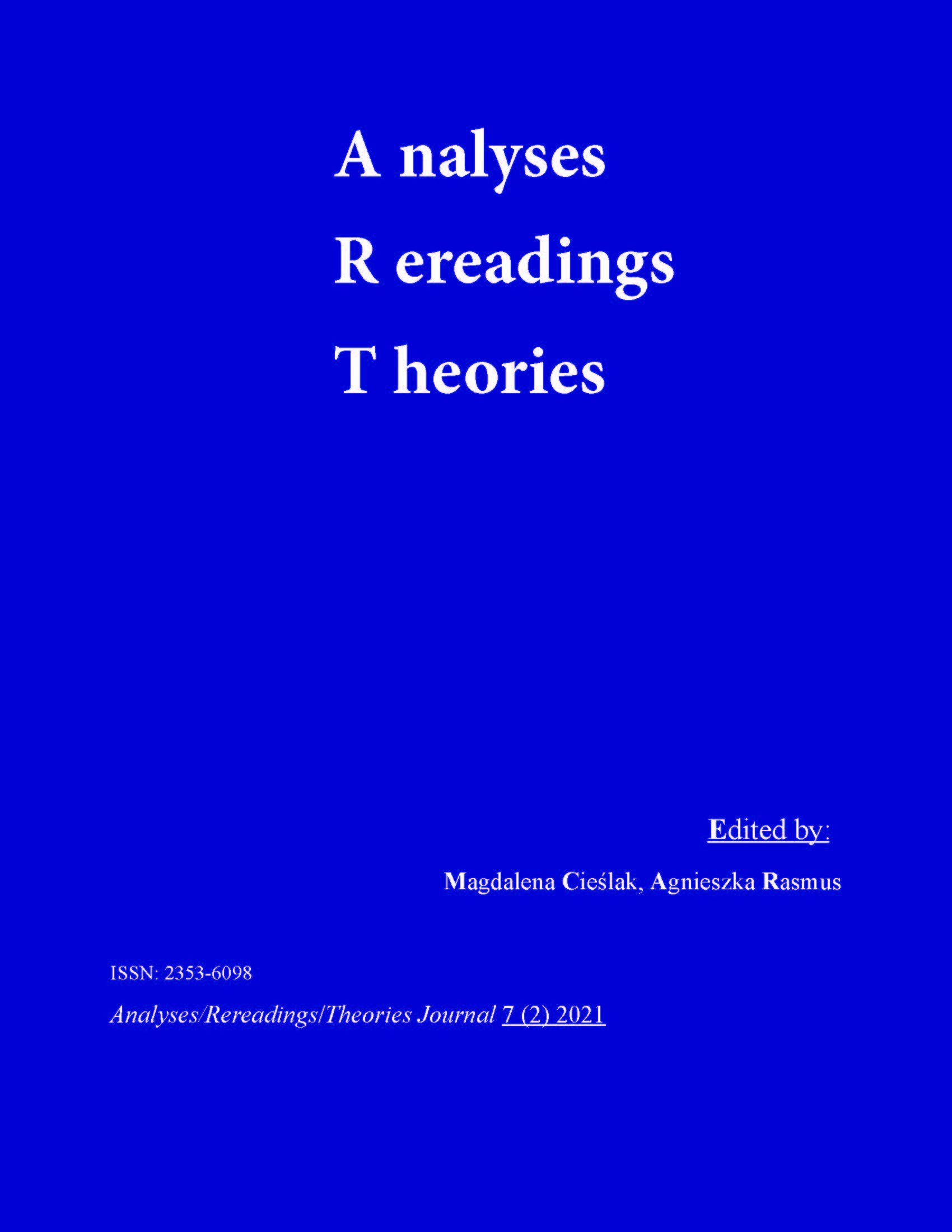Charles Dickens and Colonial Expansionism ‘Obscured’ in "When We Were Orphans" by Kazuo Ishiguro
Charles Dickens and Colonial Expansionism ‘Obscured’ in "When We Were Orphans" by Kazuo Ishiguro
Author(s): Rafał ŁyczkowskiSubject(s): British Literature, Sociology of Literature
Published by: Wydawnictwo Uniwersytetu Łódzkiego
Keywords: Charles Dickens; Great Expectations; Kazuo Ishiguro; When We Were Orphans; colonialism;
Summary/Abstract: The intertextual associations with Charles Dickens’s novel Great Expectations in When We Were Orphans seem unobvious. In this paper I will show that Dickensian motifs are nonetheless noticeable in Ishiguro’s novel and, relating to Dickens’s fictionalised biography by Peter Ackroyd, some events from his turbulent life can also be recognised. The concept of “obscurity” of the image that derives from Emanuel Levinas, and which was later elucidated by Homi K. Bhabha, will be employed in my analysis. Ishiguro seems to conceal a true picture of British colonialism, drawing the reader’s attention to Christopher Banks’s futile mission to find his missing parents, remaining myopic to the real evil around him. The enunciation of “the unspoken,” that is to say, the history of colonial power dynamics will be particularly clear while elaborating on the story of Christopher’s mother, Diana Banks. I will also demonstrate that When We Were Orphans accentuates the issue of the binary opposition between the West and the East, which explicitly alludes to Edward Said’s politics of bipolarity.
Journal: Analyses/Rerearings/Theories (A/R/T) Journal
- Issue Year: 7/2021
- Issue No: 2
- Page Range: 17-26
- Page Count: 10
- Language: English

